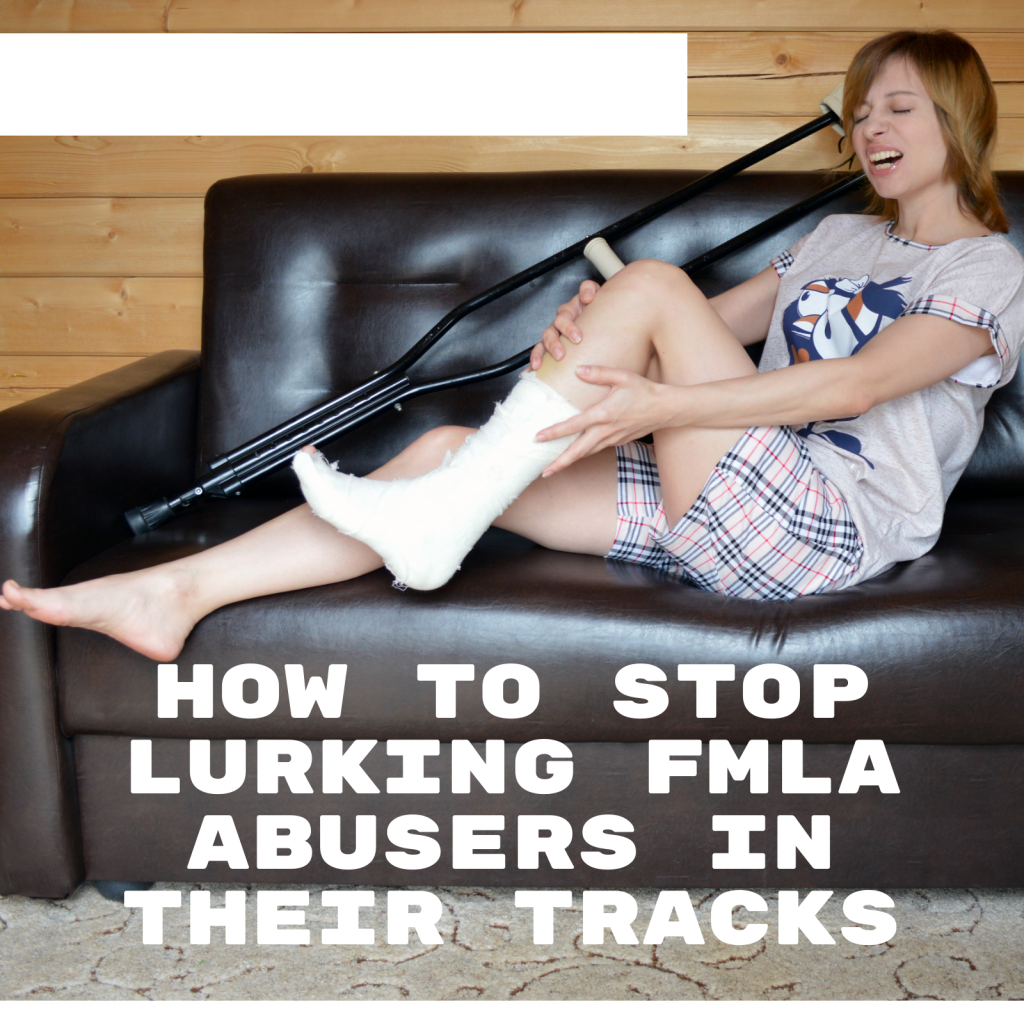FMLA Fraud in Energy Operations: The Hidden Crisis Draining Your Budget and Compromising Safety

The statistics reveal a troubling reality: 66% of HR professionals acknowledge widespread FMLA abuse in their organizations. In energy operations, this fraud creates problems that extend far beyond lost productivity. When safety-critical positions sit empty due to fraudulent medical claims, operational integrity suffers and people can get hurt. Energy companies face a unique vulnerability to […]
How To Stop Lurking FMLA Abusers In Their Tracks

To most people, the Family Medical Leave Act, aka FMLA, shines as an example of civilizes society—a safety net that allows employees the scope to care for an ailing parent or address debilitating health problems without falling into unemployment. It’s there to protect the interests of the single parent with a sick child, the woman […]
FMLA Abuse Investigations: Hiring the Right Investigator

The Family and Medical Leave Act is supposed to give employees the ability to attend to personal or family matters like recovering from surgery or caring for an infirm family member without the fear of losing their job. However, the same legislation meant to protect employees can also be exploited by employee misconduct. Regardless of […]
Worker’s Compensation Fraud | Limping Lawsuit

When you child goes missing, every moment is agony until they are found, and a private investigator is an ideal candidate to bring you answers.
Protecting Your Business from FMLA Fraud

The Family and Medical Leave Act (FMLA) provides working families balance to their lives when their circumstances take a turn. Whether it’s caring for new life in the household—such as a newborn or a foster child—or to care for an ailing relative, the 1993 act protects employees from being terminated from their jobs when they […]